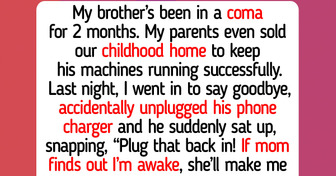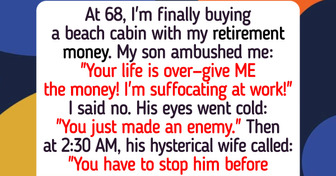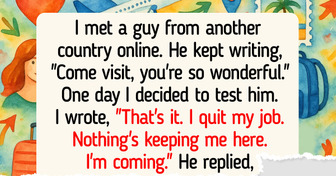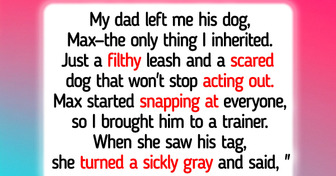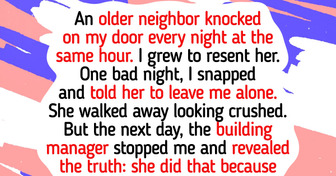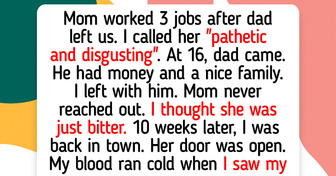15 Moments That Show Kindness Is Quiet but Changes Everything

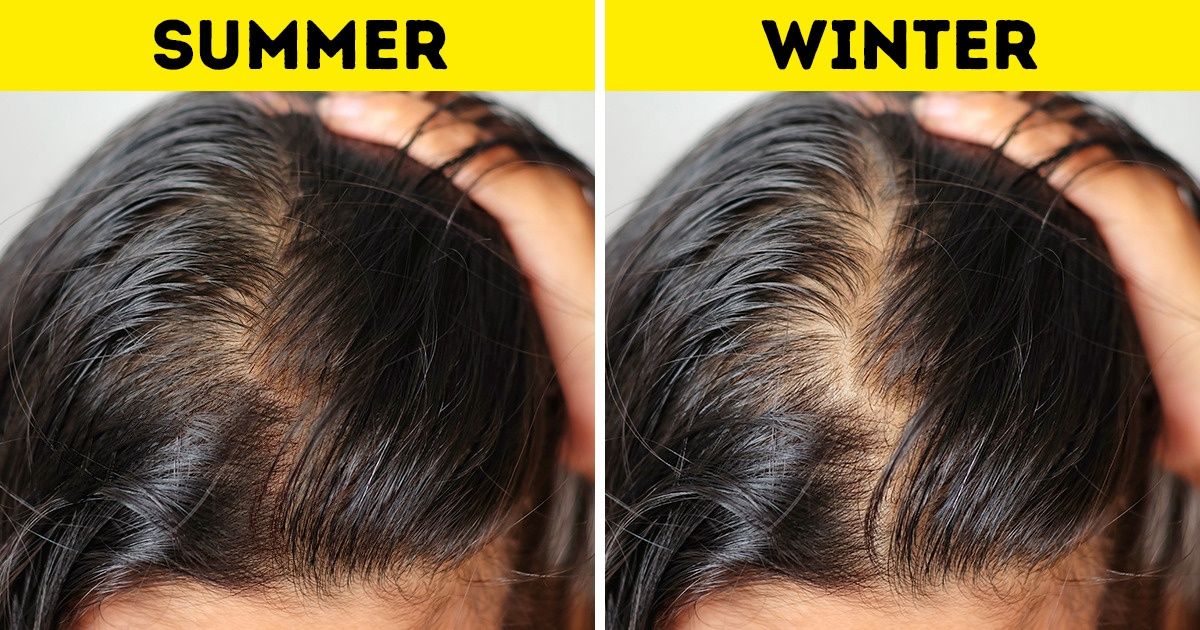
During the winter months, the combination of dry air indoors and cold wind outside can be especially hard on your hair. You may have noticed your strands look less than perfect in the colder months and you will certainly find the tips we gathered in this article helpful. We’re all on a mission to save our hair when it gets colder outside, and it’s worth learning more about how we can prevent cold from damaging our locks.
We at Bright Side also noticed that our hair looks worse in winter, and we searched the Internet to find hacks to keep it shiny and healthy.
As the weather gets colder, the air becomes drier because it holds less moisture than warm air. To prevent cold air from drying out your locks, try to not wash your hair daily because natural oils create a protective layer between your scalp and hair. If you can’t leave the house when your hair looks less than fresh, opt for a dry shampoo that will help you go longer between washes.
Cold and dry air can be seriously hard on hair and might make your shiny locks appear lifeless and dull. To keep your hair healthy in colder months, avoid using heating tools and hair dryers too often. Although they can help give your a gorgeous blowout, they can damage and weaken your hair. Instead of using a hair dryer, let your hair dry naturally or invest in styling tools that use infrared technology and help lock in moisture.
Dry air causes your hair to become more brittle and prone to breakage, and annoying split ends may occur more often. To help your hair look its best in cold weather, visit your hairdresser every 6 weeks to get regular trims. Using a wide-tooth comb and mild shampoo with no harsh ingredients can also help you keep your hair healthy and prevent ends from looking and feeling like straw.
You’ve probably noticed that in winter, your hair often lifts up when you take your warm hat off. It happens because, just like the rest of your body, your hair builds up electrical charges that build up on your hat as well. And although there’s nothing that can stop science from doing its thing, there are some tips that can help you temporarily static-proof your hair. Try putting some water or face moisturizer on your fingertips and applying it to static strands or using a light leave-in conditioner to reduce flyaways.
It’s totally normal to lose a certain amount of hair throughout the year, but you may notice more hair on your brush in winter than in summer. That happens because lack of humidity in colder months causes your hair to fall out. Although there’s nothing to worry about, you can use some easily available ingredients to make the hair loss less noticeable. Try mixing clove powder with cinnamon, red chili powder, and warm virgin coconut oil, applying it to your hair and leaving it overnight.
Our hair naturally becomes dehydrated in winter, which causes dryness and flakiness of the scalp. To reduce dandruff, opt for special dandruff shampoo or try more natural ways to get rid of it, such as tea tree oil. Studies have shown that using tea tree oil can reduce dandruff symptoms by an impressive 41% and improve the greasiness and itchiness of the scalp.
Have you noticed any of these changes in your hair in winter? Do you have any hacks for how to keep your hair shiny and healthy in colder months?
Got some cool photos or stories and want to be featured on Bright Side? Send them all right HERE and right now. Meanwhile, we’re waiting!


